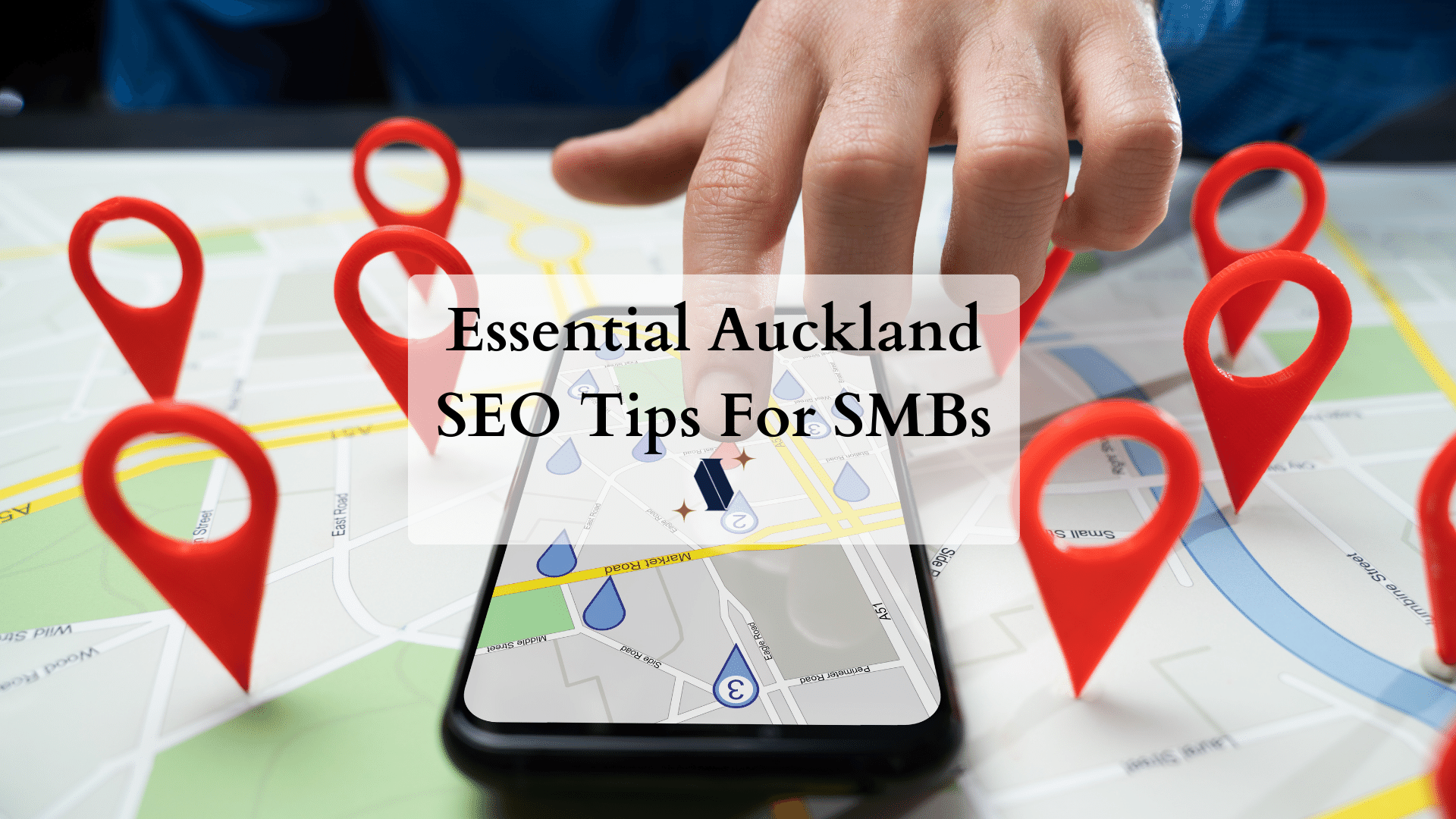Introduction
When you think about influencer marketing, you might think of YouTubers segmenting to a sponsorship message during their review of a product or an experience. However, there’s a lot more to influencer marketing than meets the eye, such as:
- Which platforms to choose, i.e., YouTube, Instagram, or both or etc
- How to choose your influencer
- Negotiating with the influencer on how they will mention your products. Some influencers have a hard rule about sponsors being hands-off and letting them communicate to their audience as they see fit, some are open to input from the sponsors, and most are everything in between.
Understanding how influence works are essential if you want your business to thrive online. Fortunately, for all of us suffering from FOMO (Fear Of Missing Out), there are plenty of resources available that explain everything from A-Z (or at least as close as possible without getting too deep into technical jargon).
Definition of Influencer Marketing:
Influencer marketing as a part of social media marketing is the process that uses influential personas on social media, blogs, and other online platforms to drive awareness, sales, and loyalty for your product or service. The idea is to leverage trusted and influential people (sometimes brands)—often called influencers—to help you reach your target audience.
Influencer marketing has become increasingly important as more consumers/audiences are moving away from traditional advertising and towards online channels such as social media platforms like YouTube, Instagram, Twitter, and Snapchat (the latter being one of the fastest-growing social networks). In fact, according to Mediakix, 90% of influencer marketers feel that creator campaigns produce as good or better returns than all other marketing mediums.
And this makes sense. Audiences are much more likely to believe the recommendation of someone they trust (content creators) than the company trying to sell its products or services to them through other marketing mediums.
Trust & Loyalty:
Trust is one of the most important factors for brands to consider when building their influencer marketing strategy. A survey by Business 2 Community found that 84% of consumers trust recommendations from friends and family over any other form of advertising, putting it above traditional ads (65%) as well as social media posts (62%).
If brands can’t get to their target markets’ friends and family, influencer marketing is the next best option. Influencer marketing works, and it’s growing because influencers cultivate audiences that trust them and their opinion.
Most content creators earn this level of trust through years of repeated interactions, producing quality content in their niche, and positive experiences—something that brands struggle on their own, especially when they are young.
They can turn to influencers, who have built this relationship over time and through multiple interactions with their audiences. In fact, according to research by W3i, 89% of marketers believe that influencer marketing drives higher levels of engagement than traditional forms of PR or advertising alone.
There are merits in W3i’s research when we consider that consumers used to be funneled through scheduled television – the only mass media consumers had access to, and marketers could reach consumers from. Today, those consumers have the freedom to choose the content they wish to spend their time on, no matter how niche the topic is – from enjoying simulated fighter jet dogfights on Digital Combat Simulator to makeup reviews by makeup artists.
Influencer Marketing & The Bottom Line:
Influencer marketing has traditionally been seen as a one-time opportunity to leverage influencers to drive awareness and leads for brands, businesses, and companies. But the reality is that it’s an ongoing process with long-term benefits.
Influencer marketing helps build trust and loyalty, which are two things that are critical for brands looking to grow their business over time. Because of this, influencer marketing should be a key component of your overall campaign strategy if you have the budget. The caveat here is that influencer marketing is expensive and we’ll discuss this further down below.
Additionally, when done right, influencers can help you reach your audience in ways that would be hard or impossible for other forms of advertising (i.e., TV ads or billboards) for four (4) reasons:
- Influencers help you reach people in an authentic way because they know their customers well enough so that their recommendations feel more like personal recommendations;
- Traditional advertising techniques like banner ads or print campaigns aren’t always effective at getting attention from consumers who are inundated daily with messages from marketers trying to sell them something;
- Influencer marketing allows brands to advertise directly to their niche target audience; and
- Consumers are becoming skeptical of brands and their traditional marketing tactics – gone are the eras of push marketing and pull marketing.
Influencer Marketing Pricing
Experts recommend the following prices point to start from:
- Instagram – $1,000 per 100,000 followers
- YouTube – $100 per 1,000 views
However, some influencers can reasonably command fees that are less related to their followers/subscribers and/or viewers.
What to Look Out For When Working With Influencers:
Some influencers can be unpredictable and have personality quirks. Trust them and work within their parameters of comfort. If they have organically grown a loyal audience base, they probably know what they are doing.
Make sure an influencer follower base is real – this is the main thing to be cautious of. An influencer can purchase fake followers and artificially inflate their reach and influence. Merely judging an influencer through their followers can be tongue and cheek. Look at their engagement rates and use tools like InstaCheck, which is designed to detect fake accounts by analysing accounts’ overall activity.
Don’t Take Influencer Marketing Lightly
Think of influencer marketing like any other business deal: you want to form a mutually beneficial relationship with your influencers that lasts over time.
Influencer marketing isn’t just about one campaign or one post; it’s about building trust and loyalty between you and your audience over time—and this can only be done if both parties are invested in the long-term partnership.
Conclusion
We hope this article has helped you understand the basics of influence marketing. If you want to learn more about what it is and how it works, send us a message or give us a call.






